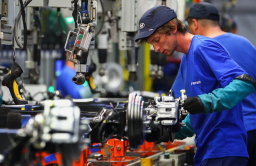-
KOSPI 2577.27 -2.21 -0.09%
-
KOSDAQ 722.52 -7.07 -0.97%
-
KOSPI200 341.49 +0.02 +0.01%
-
USD/KRW 1396 -2.00 0.14%
Hyundai shuts Russia car plant for 1 wk on parts shortages
The plant in St. Petersburg is likely to reopen on Mar. 9; Korean cement makers under pressure from soaring coal price
By
Mar 04, 2022 (Gmt+09:00)
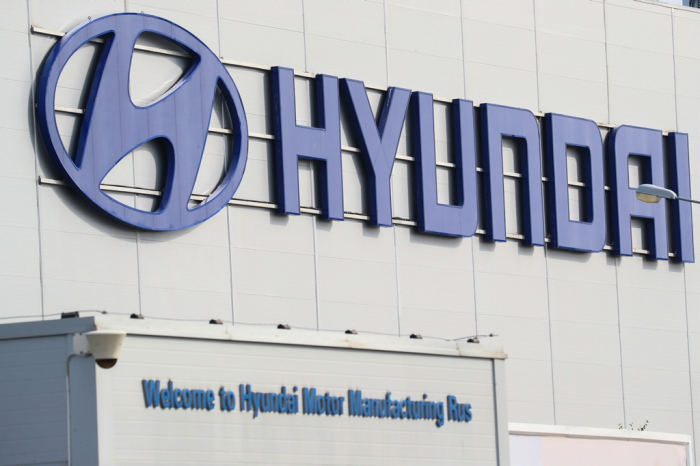
Car production at Hyundai Motor Co.'s plant in Russia has been halted since March 1 as the Russia-Ukraine war further aggravated shortages of automotive chips and other components, according to people with knowledge of the situation on Friday.
The factory in St. Petersburg was shut down on Tuesday and is set to reopen on March 9, a day after the International Women's Day holiday, the sources said.
If the supply chain disruptions continue due to the ongoing war in Ukraine, the South Korean carmaker could extend the plant shutdown by additional days, according to industry watchers.
The car manufacturing plant in the Russian city on the Baltic Sea has not been provided with auto components by its key 15 suppliers, including Hyundai Mobis Co, Hyundai Wia Co., Sejong Industrial Co., NVH Korea Co and Kyungshin Corp.
Their auto parts to deliver to the Hyundai plant have not been shipped from their plants in South Korea.
"The production volume at the Hyundai Motor plant in Russia will likely be cut by half this month, compared to the monthly average," one of the sources told The Korea Economic Daily.
According to media reports, France’s Renault will suspend production at its assembly plant in Moscow next week due to “forced change in existing logistic routes” that are causing component shortages.
The war in Ukraine also suspended European carmakers' plants in Europe, after auto parts manufacturing plants in Ukraine shut down their factories.
Germany's Volkswagen shuttered a plant in Zwickau for three days since Feb. 28. On Mar. 2, the German carmaker said it will idle some production lines in Wolfsburg, the world’s largest car plant, next week before a broader shutdown the following week, Bloomberg reported.
Audi AG will shut down its assembly plants in two locations in Germany between Mar. 7-11 and Mar. 7-18, respectively. Mercedes-Benz has cut working hours at several plants because of shortages of parts imported from Ukraine.
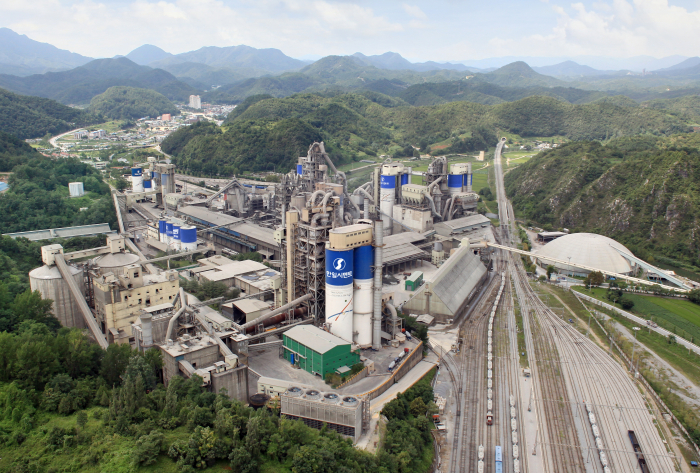
COAL PRICES AT RECORD HIGH
Meanwhile, the skyrocketing coal price is dealing a heavy blow to South Korean cement makers, which imports the mineral to meet all their needs.
Russia accounts for 75% of South Korea's imports of bituminous coal, the price of which has been rising sharply since Russia invaded Ukraine last week.
The remaining 25% comes from Australia. ICE futures on Australian bituminous coal, an international benchmark for the raw material, soared 45.7% on Friday to $446 per ton, their highest level since 2008.
Last year, the price of bituminous coal, also used as fuel of power generators, trebled to $180 per ton.
"Since Russia, a key production base of bituminous coal, was cut off from the SWIFT financial system, its trade has been stopped," said a cement industry official.
Western allies of the US have blocked several Russian banks' access to the SWIFT international payment system to sanction Russia.
Bituminous coal is one of the top commodity imports for South Korea, alongside crude oil and liquefied natural gas. Its surging price added upward pressure on inflation and slashed the country's trade surplus last year.
Domestic cement makers are considering sharply cutting production on the back of the soaring coal price.
Write to Hyung-Kyu Kim and Dae-Kyu Ahn at khk@hankyung.com
Yeonhee Kim edited this article
-
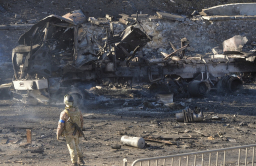 War in UkraineKorean inflation fears grow amid Ukraine crisis
War in UkraineKorean inflation fears grow amid Ukraine crisisFeb 28, 2022 (Gmt+09:00)
-
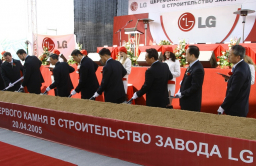 Business & PoliticsSamsung, LG fret over shipping lines’ delivery halt to Russia
Business & PoliticsSamsung, LG fret over shipping lines’ delivery halt to RussiaMar 03, 2022 (Gmt+09:00)
-
Feb 28, 2022 (Gmt+09:00)


